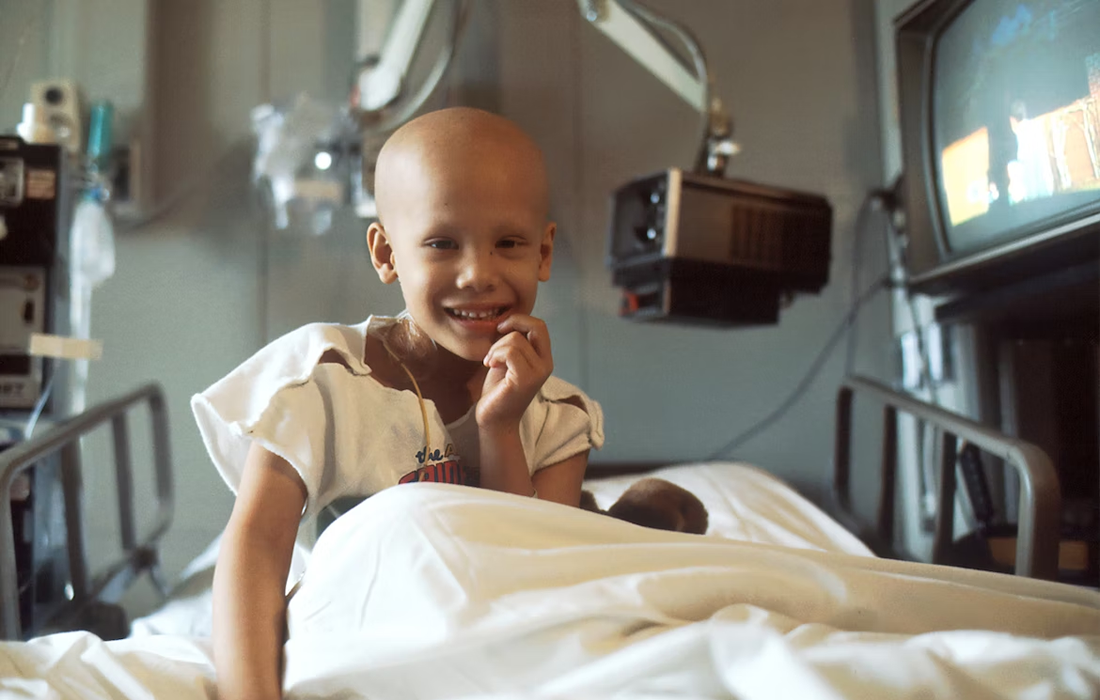Regenerative Medicine News and General Information
Scalp Cooling Protects Hair Follicles and Prevent Chemotherapy-Induced Alopecia
Although not a life-threatening condition, chemotherapy-induced alopecia (CIA) represents the most distressing side-effect for cancer patients and the fear of hair loss causes severe anxiety in patients. Thus it is important to understand the mechanisms of CIA in order to design safe and effective prevention strategies. Chemotherapy drugs, such as taxanes and particularly anthracyclines, cause CIA as they damage human hair follicles (HF) by mediating direct cytotoxicity in the hair matrix keratinocytes, which are the most rapidly-dividing cell population in the HF. The extent to which various chemotherapy drugs cause CIA differs, yet anthracyclines appear to be the biggest inducer of CIA.
Scalp cooling is currently the only safe and widely-available preventative treatment to combat CIA in cancer patients. There is increasing clinical evidence that scalp cooling can be an effective way to minimize or even eliminate CIA. In this process basically the scalp veins become constricted thereby reducing the amount of blood flow, meaning less of the chemotherapy drug enters the hair follicle.
New research demonstrates that scalp cooling physically protects hair follicles from chemotherapy drugs
Chemotherapy works by targeting all rapidly dividing cells in the body. Hair is the second fastest dividing cell, and this is the reason why many chemotherapy drugs cause alopecia. The hair follicles in the growth phase are attacked, resulting in hair loss approximately two weeks after the commencement of chemotherapy treatment.
The team of experts in biology and design technology have been working together with the aim of Paxman becoming the only hair loss-preventing scalp cooling provider firmly based on biological research. It also brings the family-run business one step closer to achieving its vision of ‘zero hair loss’ for cancer patients undergoing chemotherapy treatment.
They demonstrated that if you cool at just 3 or 4 degrees lower, this can be the difference between the cells surviving or dying. They have now shown that a few degrees in temperature can also mean a more dramatic reduction in chemotherapy drug uptake by cells.
The percentage of hair loss can be further reduced when scalp cooling is combined with the application of a topical agent. One of the Centre’s tasks has been to develop the best way to deliver this agent to hair follicles on the scalp.
This latest research brings us one step closer to achieving our vision of ‘zero hair loss’ for cancer patients undergoing chemotherapy treatment. This is fabulous news and is a ground-breaking step in the field of scalp cooling research.
SOURCE:
Christopher Dunnill, Khalidah Ibraheem, Michael Peake, Myria Ioannou, Megan Palmer, Adrian Smith, Andrew Collett, Nikolaos T. Georgopoulos. Cooling-mediated protection from chemotherapy drug-induced cytotoxicity in human keratinocytes by inhibition of cellular drug uptake. PLOS ONE. Retrieved from : https://journals.plos.org/plosone/article?id=10.1371/journal.pone.0240454
IMAGE:
Photo by National Cancer Institute on Unsplash

